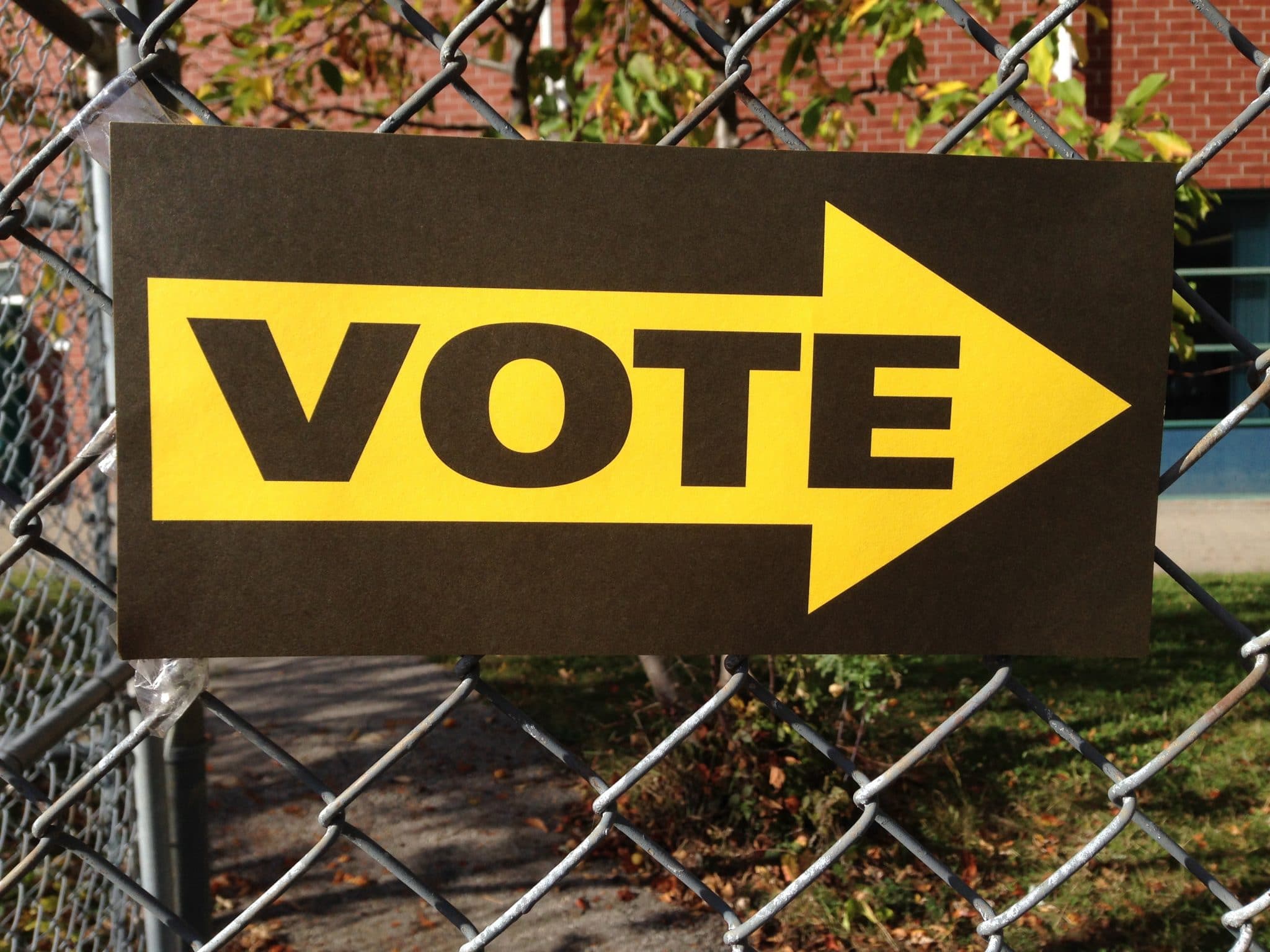The Gist: In an effort to protect voters and poll workers, Georgia will be postponing its presidential preference primary until May 19, the date of the primary election already scheduled in Georgia.
What if you already voted: If you have already voted either by absentee ballot or during early voting, your vote will still count, unless you vote again in the May 19 primary.
Protecting Poll Workers: Many of Georgia’s poll workers are in the high-risk group because their average age is over 70, according to Georgia Secretary of State Brad Raffensperger. Concern for their health was a central consideration in this decision.
What Officials are saying: “Our priority is to protect the health and safety of all Georgians and to ensure that as many Georgians as possible have an opportunity to vote. Continued in-person voting could compromise both goals. Georgians who have already cast their vote in person or by mail for the March 24 primary will be able to vote again in the May 19 primary for the elections already scheduled for that date. If Georgians who have already cast their vote for the March 24 primary do not vote again in the May 19 primary, their votes for the presidential preference primary will still count.” -State Senator Nikema Williams, the Chairwoman of the Democratic Party of Georgia.
“Events are moving rapidly and my highest priority is protecting the health of our poll workers, their families, and the community at large.” -Georgia Secretary of State Brad Raffensperger.
More Information: The CDC recommends those, including seniors, who are at greater risk from COVID-19 limit their exposure to the virus by keeping space between themselves and others, avoiding crowds, and staying at home during outbreaks in their community.
Dr. Anthony Fauci, the head of the National Institute of Allergy and Infectious Diseases, has likewise identified individuals 65-years-old and older as facing increased risk from COVID-19. He explained that older Americans infected with COVID-19 stand a greater risk of serious difficulty and even death from the virus.
All individuals should practice social distancing and minimize contact with others to minimize the risk to them and others.

Thom Chandler
Thom Chandler is the editor of The Georgia Sun and has been writing, editing and managing websites and blogs since 1995. He is a lifelong Georgian and one of those increasingly rare Atlanta natives.


